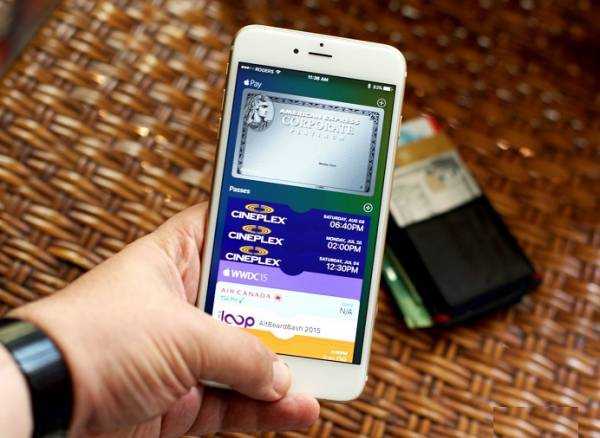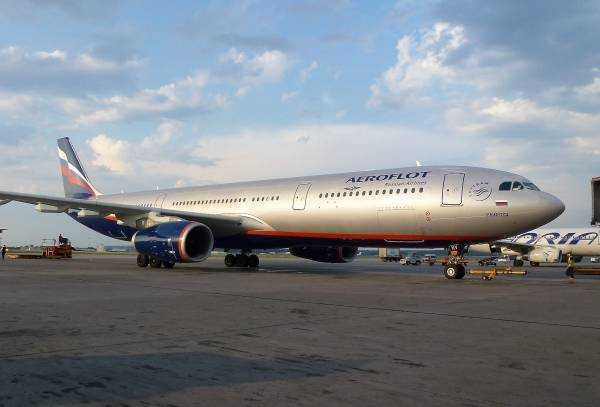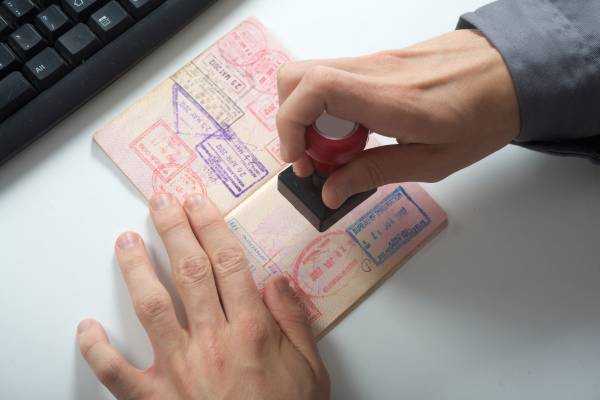According to Euromonitor's 2016 International Global Consumer Trends Survey, only 28% consumers worldwide said they were more likely to buy goods and services if they had a loyalty card or belonged to a "club", while interest in such programs had declined by 6% since 2013, reports Skift.

In Russia, this indicator has remained practically the same for four years. and amounted to just over 30% last year.
According to American experts, traditional loyalty programs, including those used in the tourism industry, are on the verge of decline. Modern technologies dictate their own rules and require companies to revise outdated models.
The travel industry has a long tradition of loyalty schemes. These include free hotel nights, airline miles, free shipping, discounts, gifts and credit programs. However, 54% of them are inactive.
Traditional The loyalty program business model, according to experts, is also clumsy at this stage. The key to building long-term relationships between consumers and brands is to empower the customer. This means Brands must strive for real-time customer experiences and specific context, which will ultimately lead to loyalty and repeat purchases.

Mobile technologies are the path to freedom
The rise of smartphones and the future transition to 5G mobile networks that will provide ubiquitous internet access is a current consumer trend across the world and all industries.
The travel industry is already on the path to introducing mobile sales. In 2017, the total volume of tourism products sold amounted to 2.3 trillion US dollars, of which $935 billion was spent online and $280 billion via mobile devices, including smartphones. Mobile sales reached phenomenal growth, increasing from a 2 percent share of total sales in 2012 to 12% in 2017. By 2022, the share is projected to be 20%.
Mobile wallets, as pioneered by the likes of Starbucks, provide insight into how what will the future of loyalty programs look like, where branded mobile apps will include ordering, payment, and rewards. Apple Wallet (formerly Passbook) and Android Pay, built into mobile devices, also help consumers manage multiple payment cards and loyalty programs.

Mobile loyalty programs are already having a positive impact on consumer demand. According to the latest survey data, 62% of US consumers who responded said they made more mobile purchases in 2017, up 3% from the year before.
However, countries and companies still have to go a long way in terms of creating a seamless payment scheme.
Study Digital Consumer Euromonitor International showed that in 2017, digital payments via mobile devices accounted for 8% in the US, 5% in China, 3% in Australia, and 1.7% in the UK.

Future technologies are already here today
Advanced technologies, including voice commands through digital assistants, virtual or augmented reality, and emotion recognition software, will further accelerate the shift toward personalized and truly targeted customer engagement with loyal brands.
Using artificial intelligence to measure and analyze consumer reactions, Travel brands will be able to personalize real experiences and use them in future work with tourists.

According to experts, Travel companies will increasingly move towards reading consumers' emotional and physical responses in real time, and at different stages of the customer's trip. Fine-tuning the interaction between the brand and the tourist will help eliminate pain points for consumers when working with brands.
Advances in artificial intelligence have made significant will improve the ability of brands to meet the needs and expectations of tourists, to reduce the gap that currently exists.
Source: trn-news.ru













